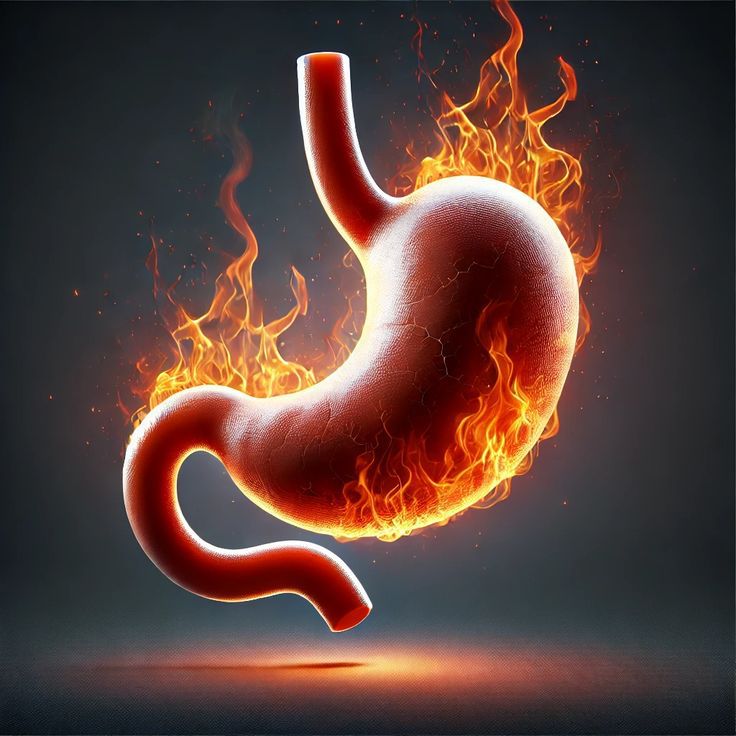Gastritis is a common condition that occurs when the stomach lining becomes inflamed, leading to symptoms such as nausea, indigestion, and stomach pain. While medication is often prescribed to treat gastritis, making changes to your diet and lifestyle can also play a crucial role in managing the condition and preventing flare-ups.
1. Avoid Spicy and Acidic Foods
Spicy and acidic foods, like hot peppers, citrus fruits, and tomatoes, can irritate the stomach lining and worsen gastritis symptoms. To reduce the risk of flare-ups, it’s best to steer clear of foods with high acidity or strong spices. Instead, opt for bland, soothing foods like bananas, porridge, and boiled potatoes, which are less likely to irritate the stomach.
2. Limit Alcohol and Caffeine Intake
Alcohol and caffeine can irritate the stomach lining and increase stomach acid production, exacerbating gastritis symptoms. It’s important to limit or avoid alcoholic beverages and caffeinated drinks like coffee, tea, and soda. Herbal teas, such as chamomile or ginger, can have soothing effects on the digestive system without the irritating effects of caffeine.
3. Eat Smaller, More Frequent Meals
Large meals can put extra strain on the stomach, triggering gastritis symptoms. To prevent overloading your digestive system, try eating smaller, more frequent meals throughout the day instead of three large ones. This helps maintain a steady flow of digestive juices and reduces the risk of excessive acid production. Eating slowly and chewing food thoroughly also aids in digestion and minimizes discomfort.
4. Reduce Stress Levels
Stress is a significant trigger for gastritis, as it can increase stomach acid production and make the stomach lining more susceptible to irritation. Engaging in relaxation techniques like deep breathing, meditation, or yoga can help reduce stress and promote better digestive health. Regular exercise and sufficient sleep also play a role in managing stress and maintaining a balanced digestive system.
5. Avoid Smoking
Smoking can worsen gastritis symptoms by increasing stomach acid production and impairing the healing process of the stomach lining. If you’re a smoker, quitting can significantly reduce the frequency and severity of flare-ups. Seek support from a healthcare professional or smoking cessation program to help you quit smoking and protect your stomach from further irritation.
Managing gastritis involves more than just medication—it requires making thoughtful lifestyle changes to avoid triggers that can worsen symptoms. By avoiding spicy and acidic foods, limiting alcohol and caffeine intake, eating smaller meals, reducing stress, and quitting smoking, you can help protect your stomach and reduce inflammation. Remember to consult a healthcare provider for personalized advice and treatment if you’re experiencing symptoms of gastritis. With the right care, you can improve your digestive health and overall well-being.








